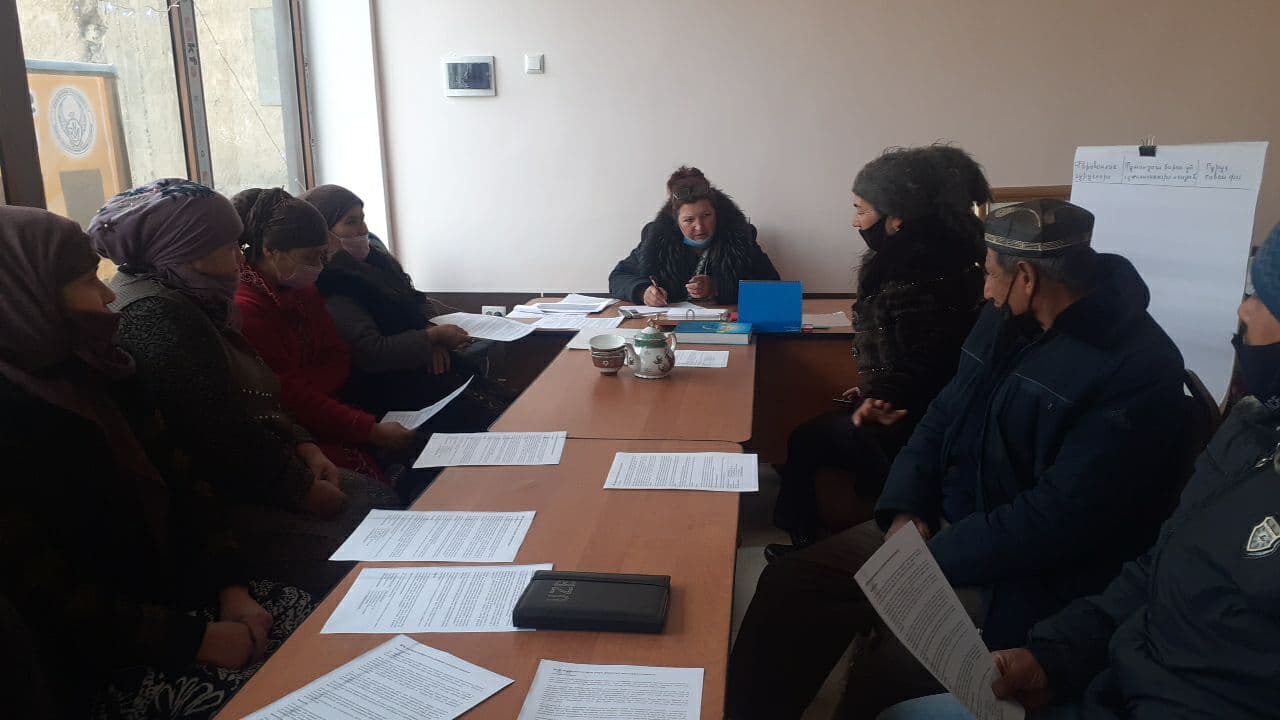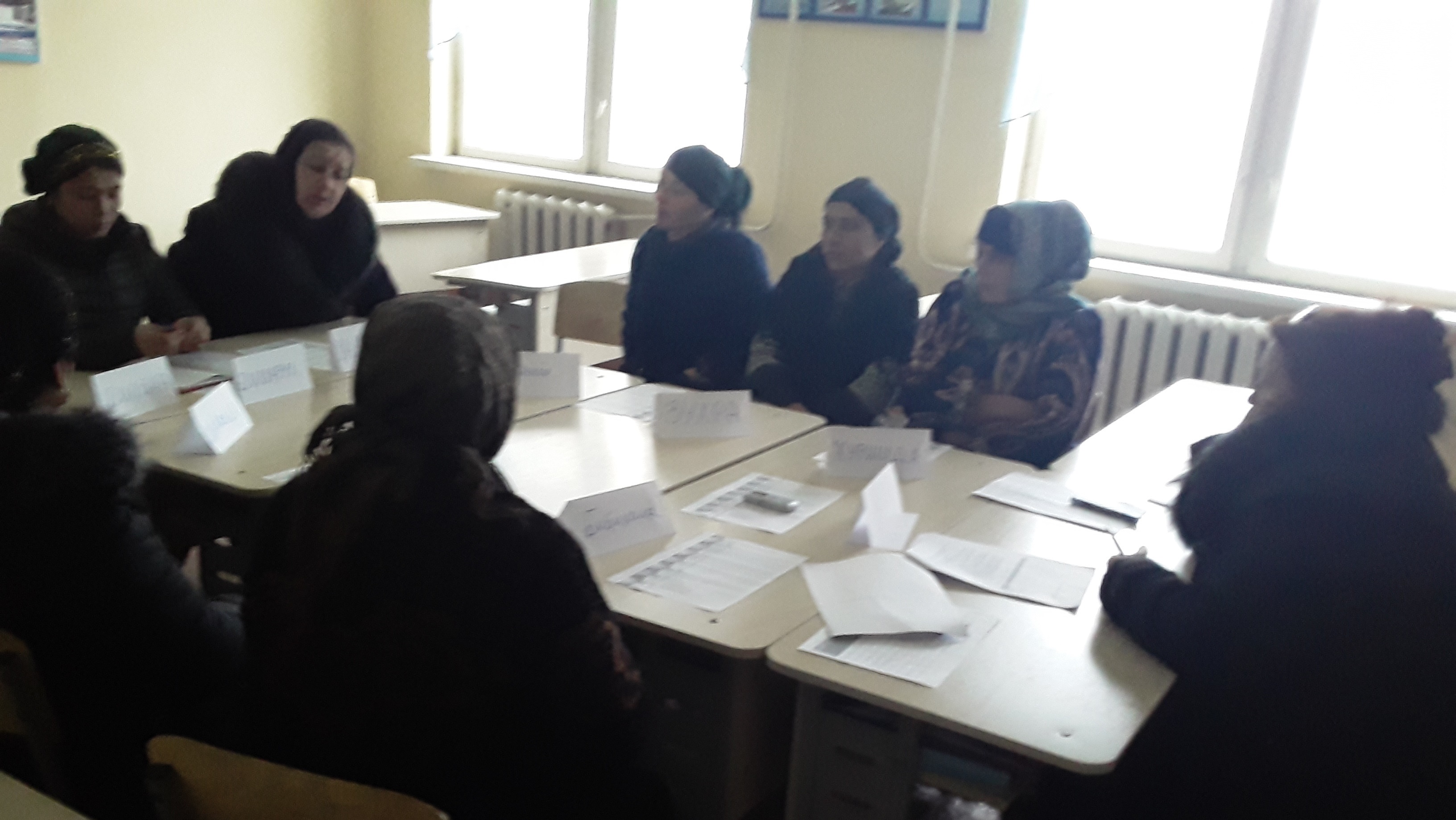

PROJECT TITLE: Community Monitoring of Socio-Economic Risks and Sources of Resilience in the Ferghana Valley
CLIENT: World Bank
PERIOD: November 2020 - February 2021
PROJECT AIM: The objective of the proposed Regional Risk and Resilience Assessment (RRRA) for Central Asia and Afghanistan border areas is to promote a shared understanding of risk and resilience factors as a foundation for better coordinated and impactful regional and cross-border strategy, Government dialogue, financing and programming.
The specific objectives of the RRRA analysis are the following:
-Inform World Bank, United Nations, and development partners’ dialogue with relevant country authorities around regional and cross-border policies, country and regional strategies and investments/programming. At the initial stages, this will also include a specific focus on COVID-19 impacts on regional risk and resilience.
-Identify entry points for regional and cross-border development programming that either tackles directly conflict and fragility risks or is designed to be conflict/risk sensitive.
-Identify opportunities for joint/coordinated programming between international partners to increase the coherence and impact of development interventions in the region
DESCRIPTION OF ACTUAL SERVICES PROVIDED IN THE ASSIGNMENT:
Al Mar lead the design and implementation of the RRRA Component 3 activities for the Uzbekistan part of the Ferghana Valley. This included the following tasks:
-Identify the sites of the qualitative research in Uzbekistan
-Design the data collection instruments on community-level sources of socio-economic risk and resilience in border areas (e.g. research questionnaires/consultation questions/focus group discussion guides)
-Translate the research tools into Uzbek, Tajik, Kyrgyz languages (or others as needed)
-Recruit and train (face-to-face and online as appropriate) researchers who will carry out the research in the field in Uzbekistan
-Coordinate qualitative research instruments with World Bank Consultants administering similar research in Kyrgyzstan and Tajikistan border regions in the Ferghana Valley.
-Coordinate and oversee the fieldwork, considering COVID-19-related safety precautions and protocols, in Uzbekistan
-Conduct 24 FGDs;
-Transcribe, write-up, analyze and consolidate the data collected from the research sites
-Produce the draft and final research reports in English and Russian.
-Produce draft and final powerpoints (in English, Russian and local languages as appropriate) summarizing research findings and present the findings to internal and external stakeholders
-Based on study results, develop a monitoring matrix/short list of indicators and data sources for follow-up rounds of data collection, using ICT as appropriate, to understand how communities are affected over time.